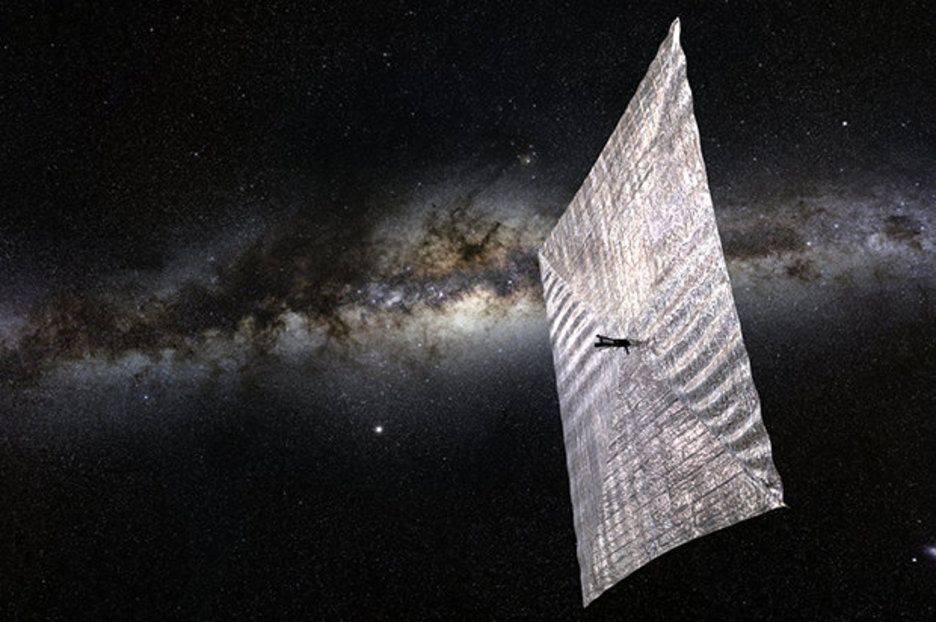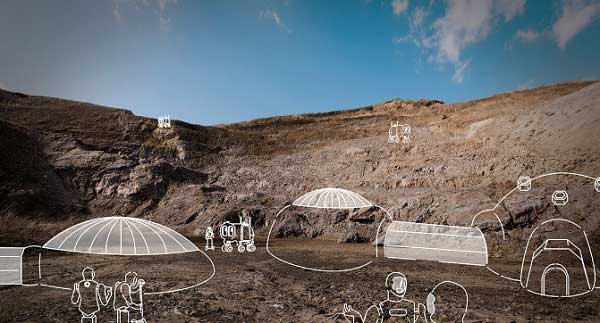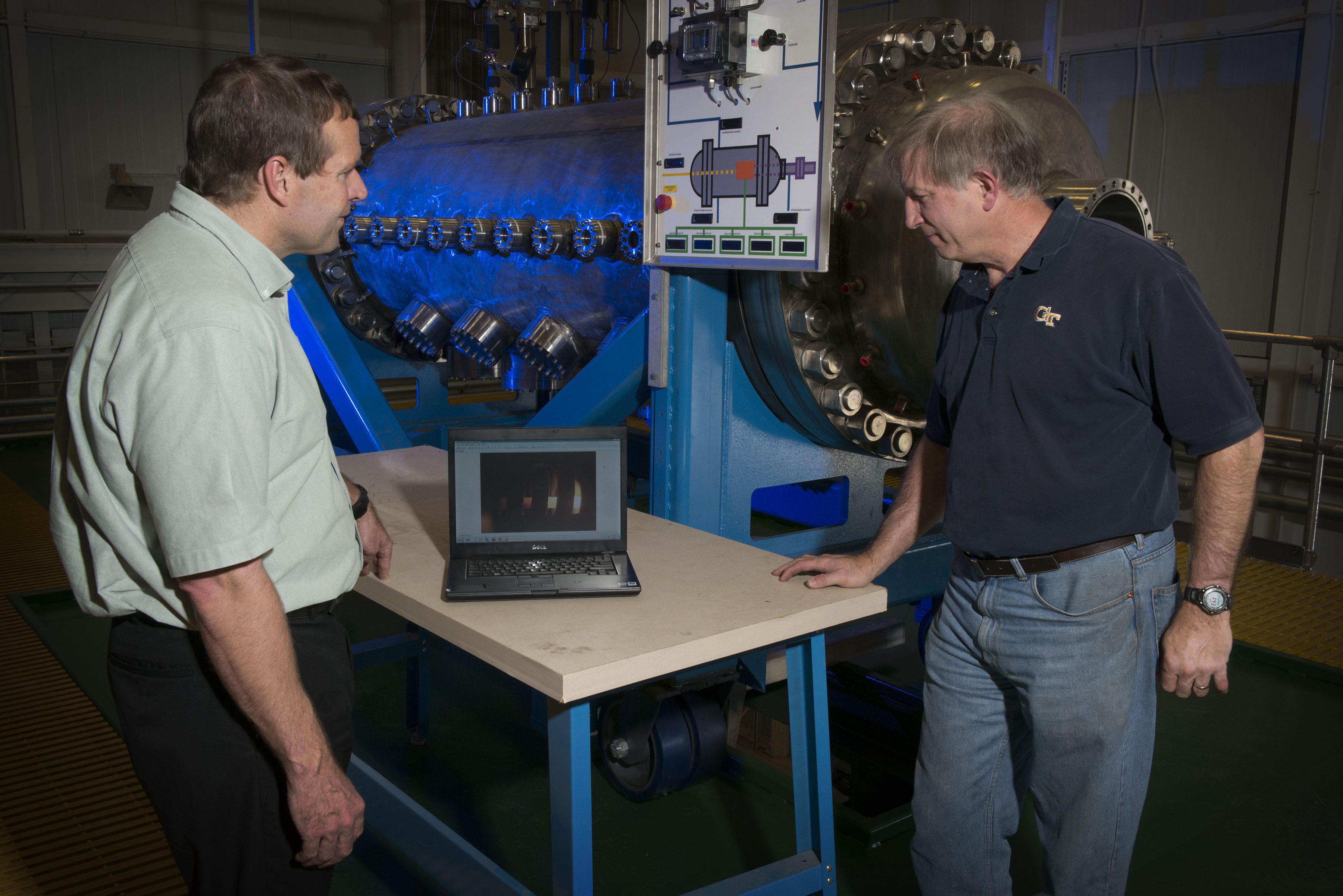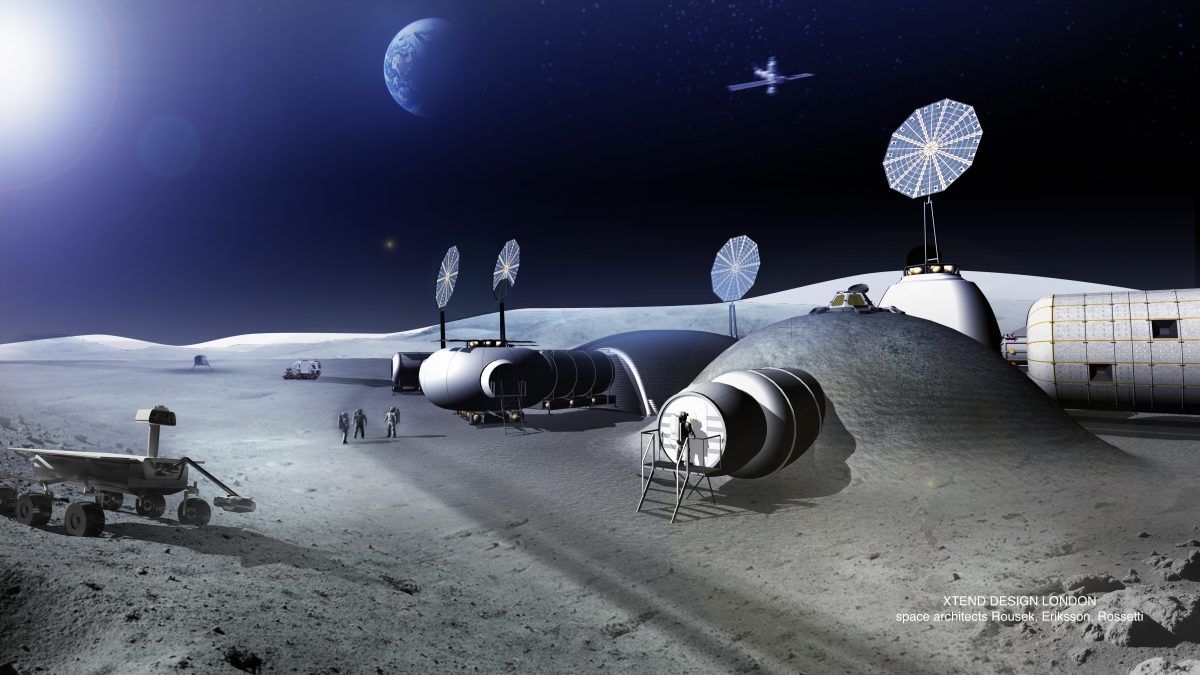Many countries including China, Russia, South Korea, India, Japan, and Europe Nations have all outlined significant lunar plans. To mention a few, the Moon Village concept got an endorsement from the Secretary General of the China National Space Administration, Yulong Tian. He outlined plans for a series of robotic missions to the moon, including China’s first sample return mission, Chang-e. The Director General of the Russian state space corporation, Roscosmos, talked about participating in any Moon Village effort. Smaller space agencies, such as Ukraine, share a similar desire to carry out lunar missions. President Trump signed the Space Policy Directive-1 in December 2017 and NASA has big plans for the Moon, with the recent Lunar Orbital Platform-Gateway (LOP-G) initiative. Space activities are not limited to government initiatives; many of them are being pursued in partnership with civil society and the private sector. Several private missions to the Moon are planned in Japan with ispace, India with Team Indus, Israel with SpaceIL, United States with companies such as OffWorld and Moon Express, Germany with PT Scientists, and Luxembourg with CisLunar Industries.
Private industry is developing business plans to profit by creating new services and products that eventually will become the Moon Market. There is already good cooperation between private and government industries in each country; however, there is no global platform allowing cooperation between industry and government around the world. There is also a need to engage non-space industries by communicating the potential of the Moon Market. The Moon Village Association (MVA), a non-governmental organization (NGO) created in 2017 and based in Vienna, is dedicated to this mission:
“It provides a forum for the development of the Moon Village for industry, government, space agencies, international organizations, NGOs and the public at large.”





